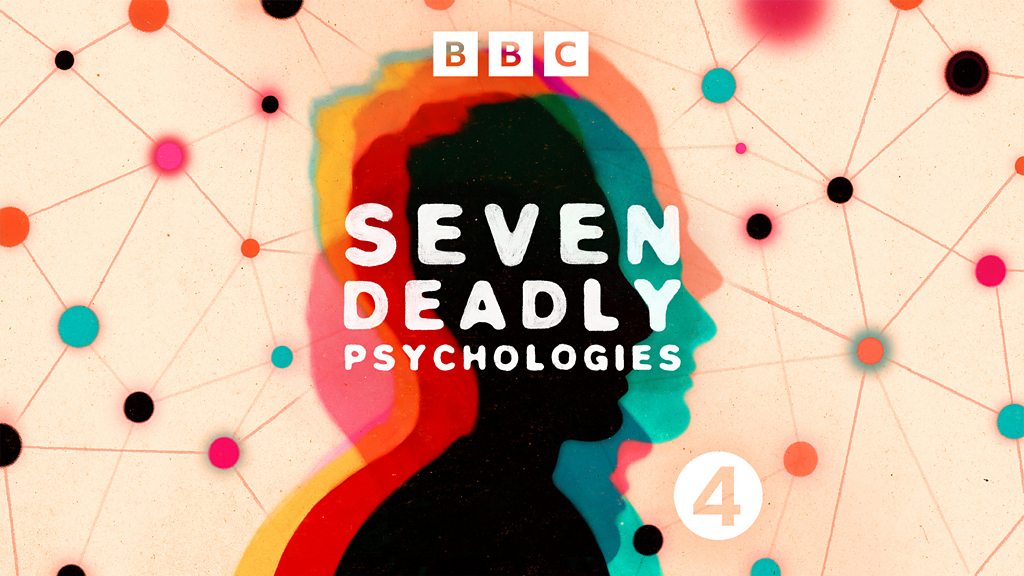Originally posted by smittims
View Post
Speech Radio You Have Listened To Lately
Collapse
Announcement
Collapse
No announcement yet.
X
-
'Barwick Green' is the Maypole Dance from Yorkshire composer Arthur Wood's suite 'My Native Heath', and, as far as I know, is the only movement from that work which has ever been commercially recorded. The original theme tune was specially recorded by an orchestra conducted by Sidney Torch, who also recorded it commercially, but this later recording was never used to bookend the programme.Last edited by LMcD; 21-11-23, 09:28.
-
Yes, I think the composer's own version is the only acceptable one. If they were tired of it they could have had a completely new piece of music, but to mangle the original is just wrong.
It may not be well-known that the piece was selected by producer Godfrey Baseley from a choice of several pieces of 'Library Music' . that is, music commissioned by publshers to hire out , and often used by radio or film companies as it avoided the problem of paying copyright royalties every time it was aired. So to rewrite it for 'wurzel band' is actually an act of disrespect . People just don't see that these days.
Incidentally ,the claim that Grace Archer's death was timed to spoil ITV's opening night is a long-discredited fallacy. ITV was available only in the South East of England and would not anyway have tempted Archers fans. The real reason Grace Archer was written out was that the actor, Ysanne Churchman, was campaigning to get all the actors to join Equity, which Baseley knew would bust the budget.
Comment
-
Originally posted by smittims View PostYes, I think the composer's own version is the only acceptable one. If they were tired of it they could have had a completely new piece of music, but to mangle the original is just wrong.
It may not be well-known that the piece was selected by producer Godfrey Baseley from a choice of several pieces of 'Library Music' . that is, music commissioned by publshers to hire out , and often used by radio or film companies as it avoided the problem of paying copyright royalties every time it was aired. So to rewrite it for 'wurzel band' is actually an act of disrespect . People just don't see that these days.
Incidentally ,the claim that Grace Archer's death was timed to spoil ITV's opening night is a long-discredited fallacy. ITV was available only in the South East of England and would not anyway have tempted Archers fans. The real reason Grace Archer was written out was that the actor, Ysanne Churchman, was campaigning to get all the actors to join Equity, which Baseley knew would bust the budget.
Or, to misquote Kenneth Williams, "Iniquity! Iniquity! Everybody's going in Equity!"
Comment
-
Having lost a couple of good friends to Motor Neurone Disease over the years, I found the conversations between brothers Jonathan and Nicholas Dimbleby very interesting and quite emotional as Nicholas talks about having a life-ending disease. This afternoon's programme was part 1 of 2.
Comment
-
Good programme this morning on Radio 4 on the subject of Greed - one of a series of such dealing with human predispositions, the next being about Lust! This one, leaving aside a slightly condescending presenter for purposes, presumably, of getting otherwise uninterested parties engaged in "serious discussion", was good, although I would have two differences with the "experts", a social psychologist and am evolutionary psychologist (read "behaviourist"), namely rather than seeing greed as antisocial trait innate in people (more in some, the "dominators", than others) it can be seen as a behavioural phenomenon tailored to the needs of competitive positioning and profitability. Seen that way greed, instead of an innate trait waiting for a pretext to hang its tendency on, is there in order to prolong for life the helpless infantile urge for grasping, thereby forestalling emotional maturation, and encourage development of the even more natural tendency for empathy in full adulthood. However, as the programme correctly noted, this latter positive attribute has existed ever since the stage at which in times of scarcity humans learned the all-round value of mutual effort and support. It also emphasised the drawbacks now becoming endemic in a system that grossly over-rewards top income earners and wealth owners who, by dint of actual self-sufficiency, are reinforced in their self-image of superiority and non-dependence on communities for support. At the conclusion the detrimental consequences on natural environmental exhaustion and degradation were emphasised in contrast to the emotionally and socially fulfilling functions of co-operation. What was missing was that capitalism cannot produce and at the same time fairly distribute the wealth generated from its fragmented manner of growth, and therefore has to be done away with.
Comment
-
Yes, it's yet another variation on the perennial divide-and-rule strategy to divert responsibility away from the failings of the system and those at the top who are permitted to benefit disproportionally from it, and onto those thereby disempowered.Originally posted by smittims View PostI've log been convinced that selfishness is atthe root of all the violence and war : wanting something someone else has. And this is encouraged by a system that urges everyone to be either a superstar or a loser, when in fact very few people are either.
I haven't yet listened to the first part of the new Reith Lectures, on this morning, and am much looking forward to what Prof Ben Ansell has to say about our, ahem, democratic system of governance.
Comment
-
While realising that one speaker is given a chance to unfurl his or her case over the course of a week, for myself Part 1 turned out to be very flat and disconnected from present-day realities affecting the relationship between UK democratic processes and established procedures, and evasive in the short Q&A slot at the end, assuming it offered a foretaste of the sorts of arguments to be presented by Prof Ben Ansell. I shall keep listening, but based on last Wednesday I don't have high hopes for this particular series posing constructive, innovative solutions to the growing issues of legitimacy and voter choice in Britain, which have a troubling amount in common with those affecting democracies beyond our shores.Originally posted by Serial_Apologist View Post
Comment
-
This series is turning out to be very much old-style Radio 3, the sort of thing in which "essayists" once expounded with learning on subjects one could muck up on with the help of The Listener next edition transcription to audiences hanging on every word. Where are they? - not on this forum, where they should be and could be were it not for narrow definitional restrictions on political inclusiveness.Originally posted by Serial_Apologist View Post
While realising that one speaker is given a chance to unfurl his or her case over the course of a week, for myself Part 1 turned out to be very flat and disconnected from present-day realities affecting the relationship between UK democratic processes and established procedures, and evasive in the short Q&A slot at the end, assuming it offered a foretaste of the sorts of arguments to be presented by Prof Ben Ansell. I shall keep listening, but based on last Wednesday I don't have high hopes for this particular series posing constructive, innovative solutions to the growing issues of legitimacy and voter choice in Britain, which have a troubling amount in common with those affecting democracies beyond our shores. But I for one am interested to know where 18th/19th century indigenous working class consciousness feeds into Enlightenment thinking, because in these times when the latter is under attack from fundamentalisms of this and that sort, we can decided if and where EPT's ideas still hold contemporary relevance. Last night's Christienna Fryer had a pop at Thompson for excluding slavery and its aftermath in delineating the then-possible limits of working class radicalisation, along with the women's question. Perhaps he was not quite the internationalist some of us thought and hoped in the early 1980s; perhaps Stalinism had bored in too deep. In tonight's enthralling episode will David Aaronvitch's powers of theoretical recall stand up after so long to exploring "[h]ow Thompson's communism was essential to the writing of his great book"?
Last edited by Serial_Apologist; 07-12-23, 17:25.
But I for one am interested to know where 18th/19th century indigenous working class consciousness feeds into Enlightenment thinking, because in these times when the latter is under attack from fundamentalisms of this and that sort, we can decided if and where EPT's ideas still hold contemporary relevance. Last night's Christienna Fryer had a pop at Thompson for excluding slavery and its aftermath in delineating the then-possible limits of working class radicalisation, along with the women's question. Perhaps he was not quite the internationalist some of us thought and hoped in the early 1980s; perhaps Stalinism had bored in too deep. In tonight's enthralling episode will David Aaronvitch's powers of theoretical recall stand up after so long to exploring "[h]ow Thompson's communism was essential to the writing of his great book"?
Last edited by Serial_Apologist; 07-12-23, 17:25.
Comment
-
Transcripts can be found on the broadcast listing, e.g.Originally posted by Serial_Apologist View Post
… next edition transcription to audiences hanging on every word. Where are they? …
Comment






Comment